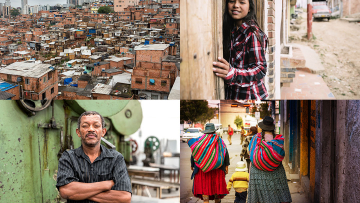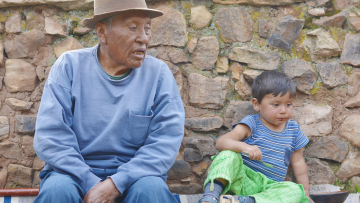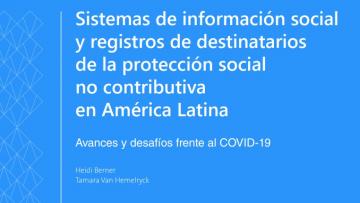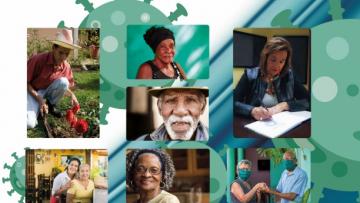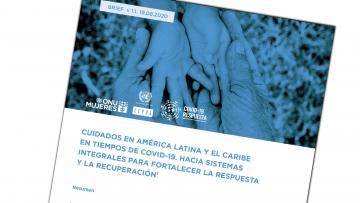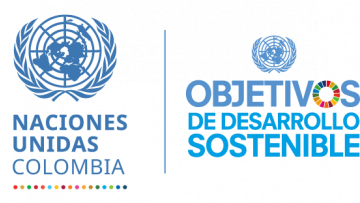Social protection systems: progress and challenges.
The Regional Agenda for Inclusive Social Development (RAISD), which is a technical and political instrument meant to promote the implementation of the social dimension of the sustainable development and the Agenda 2030 for the Sustainable Development at the Latin America and the Caribbean countries, identifies, among its different axes and action lines, key policy areas on development issues, inclusion, and social protection. One of the central axes is building universal and integral systems of social protection, including the design, consolidation and strengthening of the national social protection policies and floors, with an approach that must be comprehensive in objectives, integrating the participation of its main actors, universal in its coverage, significant in its benefits, well adapted to the specificities of populations and territories, and financially sustainable.
Considering the diverse challenges that the countries of our region face, we propose the following panels of discussion for this group of communities:
- Universalization challenges
- Social protection and care policies
- Challenges regarding integration of Contributory and no contributory dimensions
The Regional Agenda for Inclusive Social Development was adopted by the member States of the Economic Commission for Latin America and the Caribbean (ECLAC) at the third session of the Regional Conference on Social Development in Latin America and the Caribbean, held in Mexico City from 1 to October 2019.
The purpose of this Agenda is to support the implementation of the social dimension of the 2030 Agenda for Sustainable Development in Latin America and the Caribbean, especially in those areas linked to the mandates of the ministries of social development and equivalent entities.
The achievements, opportunities and critical obstacles related to inclusive social development in the region have been taken into account in the preparation of this Agenda. Its proposals are guided by eight principles: (i) the rights-based approach as a normative principle; (ii) empowerment and autonomy; (iii) dignified life and progressive well-being; (iv) universalism that is sensitive to differences; (v) an approach based on redistribution and solidarity, with financial sustainability; (vi) a systemic perspective on sustainable development; (vii) high-quality public policies; and (viii) partnerships and social compacts to consolidate State policies.
Within this framework, in order to achieve the targets proposed by the 2030 Agenda for Sustainable Development, the countries of the region, after a wide-ranging debate and receiving comments from civil society, have focused the Regional Agenda for Inclusive Social Development on 56 lines of action grouped along four axes of implementation: universal and comprehensive social protection systems; policies to promote social and labor inclusion; a strengthened social institutional framework; and regional cooperation and integration.


